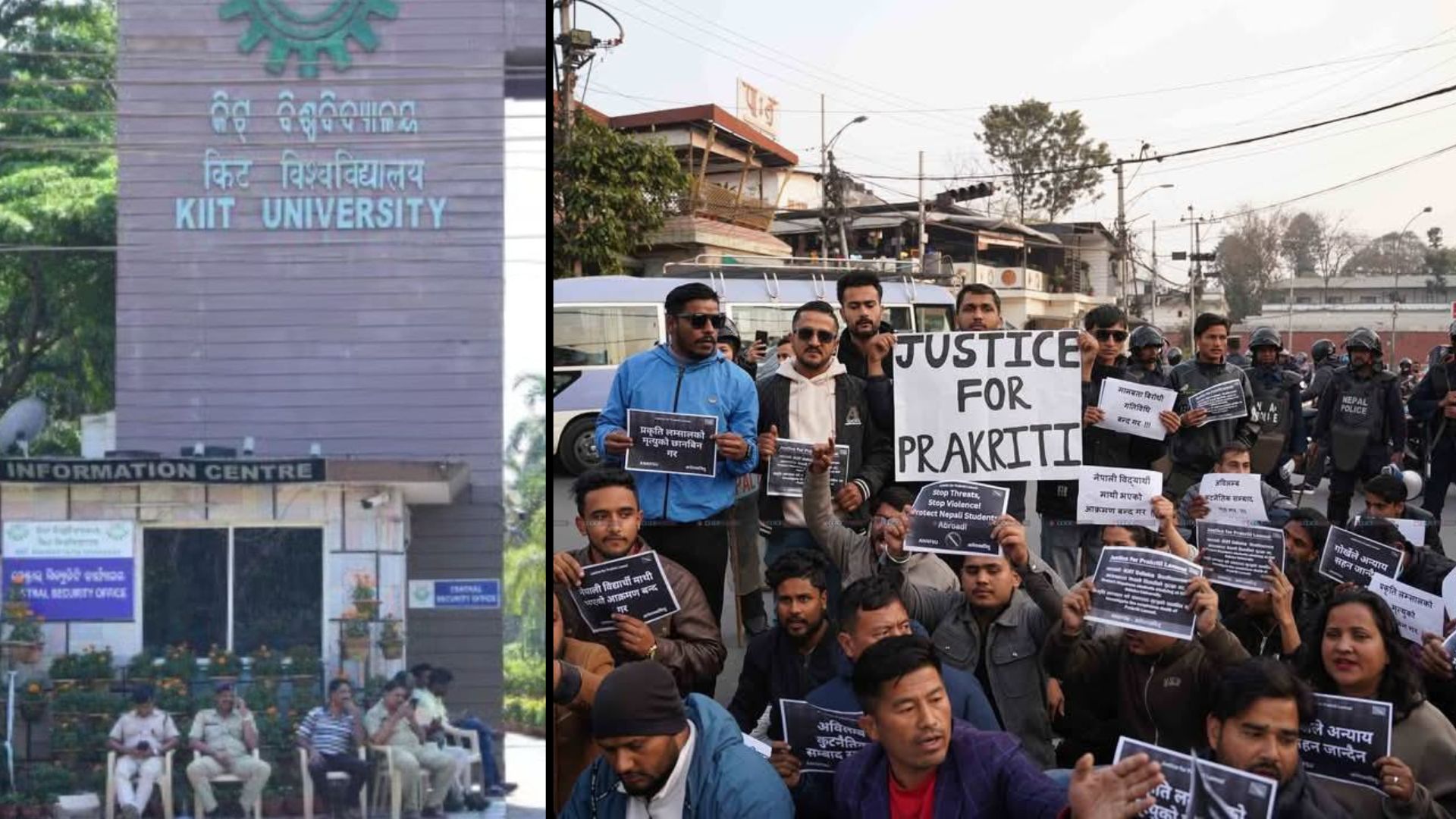(Reuters): 18 of the 80 people on board a Delta Air Lines regional airplane were hurt when the plane overturned during Monday's landing at Toronto Pearson Airport. After a recent winter, the catastrophe happened in the midst of severe gusts.
According to a Canadian air ambulance officer, three individuals—including a child—were critically injured among the injured. The other fifteen injured travelers were transported to nearby medical facilities for care.
The aircraft in question was a CRJ900, a model manufactured by Bombardier in Canada and flown by Endeavor Air, a subsidiary of Delta. At the time of the event, there were four crew members and 76 passengers on board.
There was serious damage to the 16-year-old aircraft, which can carry up to 90 passengers. At least one of its wings had separated from the fuselage, according to video taken at the scene of the accident.
Although the precise cause of the crash is still unknown, Canadian authorities have opened an inquiry. A group of investigators from the Transportation Safety Board of Canada (TSB) has been sent in to identify the causes of the mishap.
John Nelson, one of the passengers, posted a video of the aftermath on Facebook. Emergency personnel were seen in his video dousing the overturned plane that was lying on the snow-covered runway with water.
Nelson recalled the incident and told CNN that the accident had no warning indications. "Everything appeared normal until we reached the ground," he said.
"As soon as we touched down, we started to slide sideways. Nelson went on to describe the terrifying seconds following the touchdown, saying, "Before we realized it, we were upside down."
Nelson unbuckled his seatbelt and fell to the ground despite his confusion. Additionally, he assisted other passengers who were still wearing seat belts in securely descending.
Following a significant snowfall that delivered more than 22 cm (8.6 inches) of snow, Toronto Pearson Airport had been contending with frigid temperatures and strong winds. After weather-related disruptions, airlines were already having difficulty returning to normal operations.
The Delta aircraft landed at Toronto Pearson at 2:13 p.m. following an 86-minute trip from Minneapolis-St. Paul International Airport, according to flight data from FlightRadar24. It stopped close to the junction of runways 15 and 23.
According to FlightRadar24, the weather at the time of the accident included blowing snow and gusty crosswinds. These elements might have played a role in the collision.
At first, Todd Aitken, the fire chief at Toronto Pearson, said there were no strong crosswinds and the runway was dry. Experienced pilots who looked at the incident's video, however, disputed this assertion.
According to weather data analysis by John Cox, a U.S. aviation safety expert, the aircraft encountered an average crosswind of 19 knots (22 mph) from the right side. But he noted that the wind gusts were probably varying, so the pilots had to make constant corrections.
Investigators would have to figure out why the right wing separated from the aircraft, but professional pilots are prepared to handle such situations, Cox said.
Embry-Riddle Aeronautical University assistant professor and aviation specialist Michael J. McCormick called the plane's inverted configuration "unusual." Accidents involving commercial airplanes rarely have this kind of outcome.
The fact that all 80 passengers survived, McCormick stressed, was proof of the value of contemporary engineering, safety standards, and technology developments. "Not long ago, a mishap like might have been fatal," he stated.
Historically, only a few similar incidents have been recorded. Three past cases involved McDonnell-Douglas MD-11 aircraft flipping over during landing. Fatalities occurred in two of those crashes, including a 2009 FedEx accident in Tokyo and a 1999 China Airlines crash in Hong Kong.
The airport is experiencing delays as a result of the Toronto incident. Two runways will stay blocked while investigations are ongoing, affecting operations in the days ahead, according to Deborah Flint, president of Toronto Pearson.
Flint gave first responders credit for their prompt action in preventing fatalities. She stated at a press conference, "We are very thankful that there were no deaths and that injuries were rather minor."
The company that purchased Bombardier's CRJ program in 2020, Mitsubishi Heavy Industries of Japan, acknowledged the mishap and promised to fully cooperate with investigations. To help Canadian authorities, the National Transportation Safety Board (NTSB) of the United States has also dispatched a team.
Also Read: 18 Dead as Train Delays Trigger Deadly Crowd Crush in Delhi

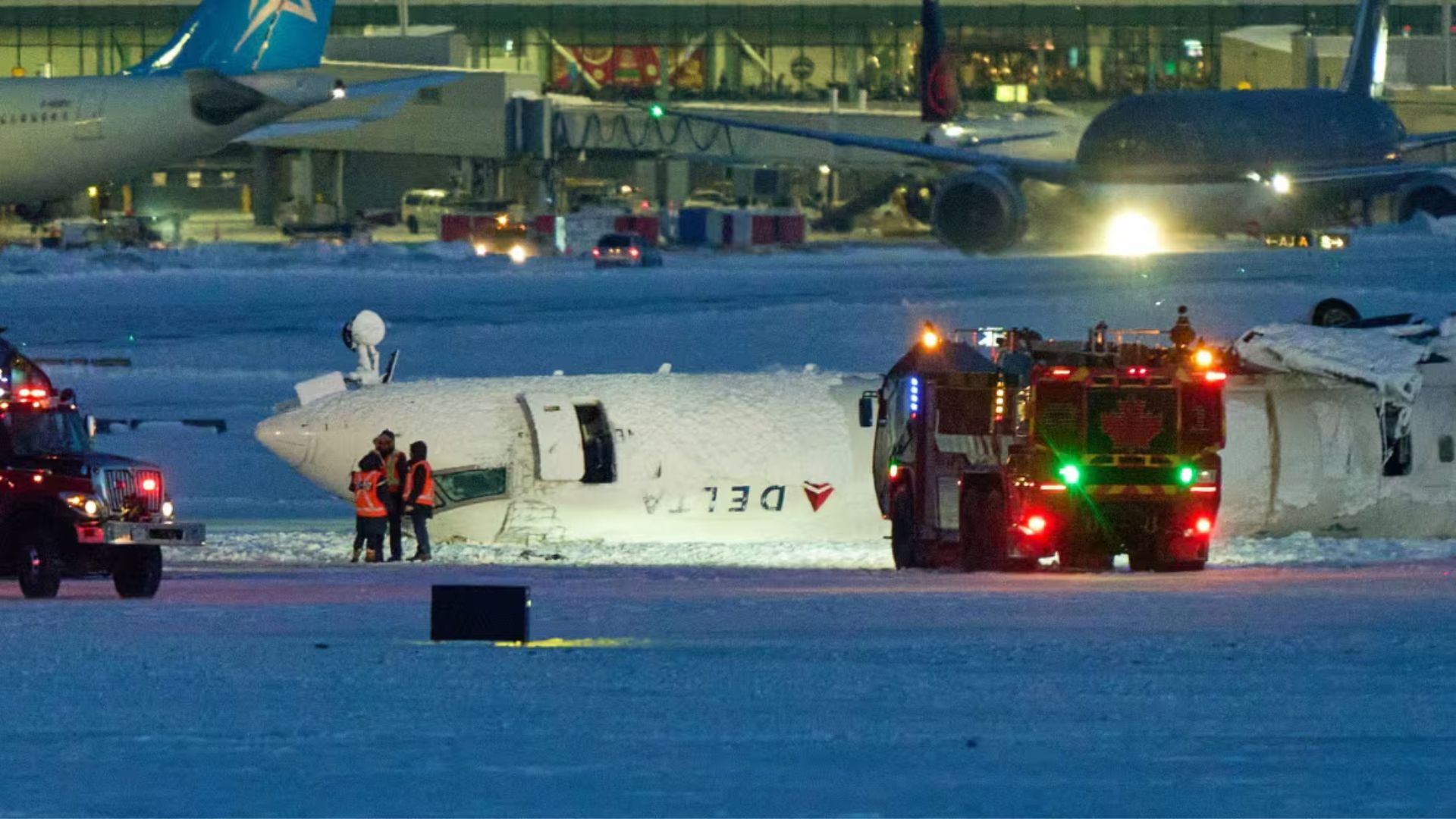






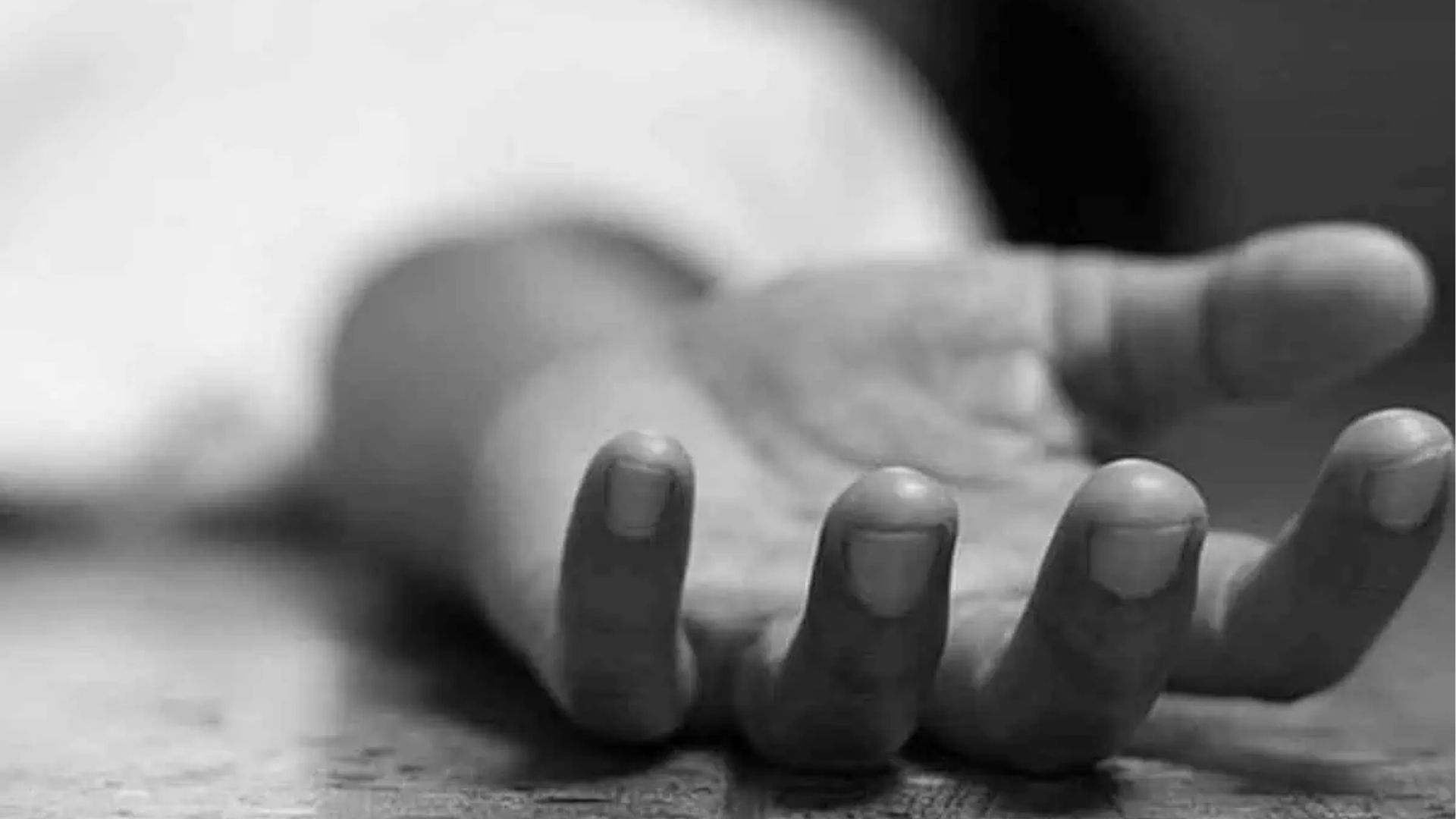


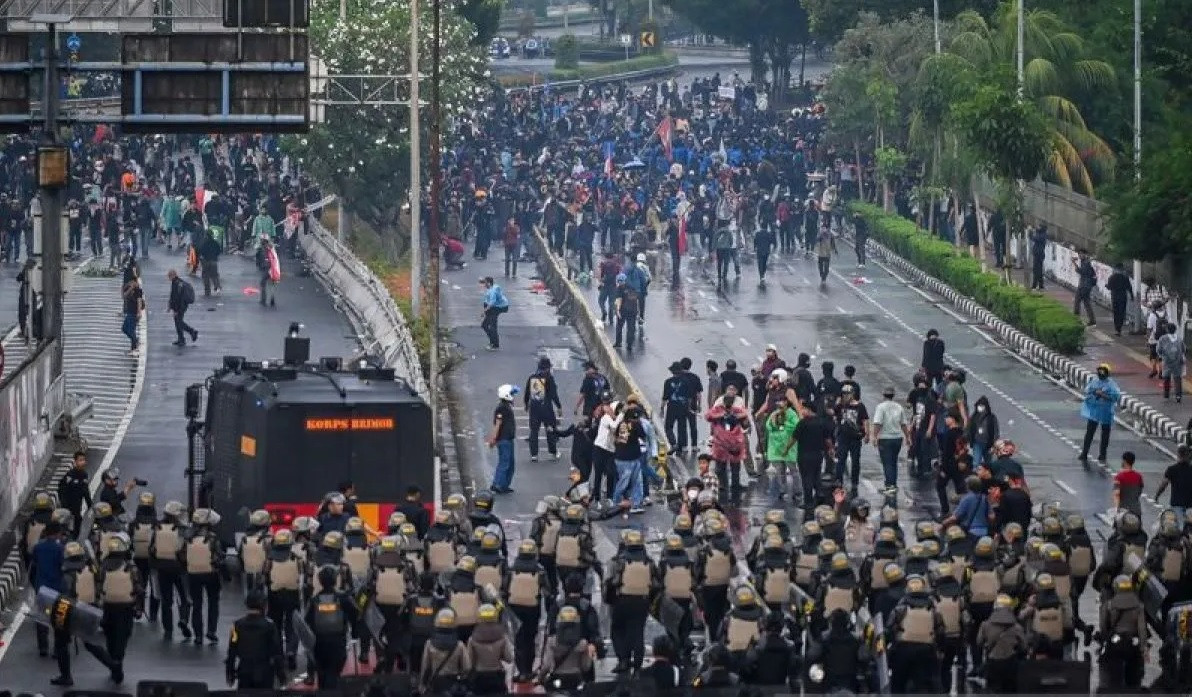
.jpg)
.jpeg)
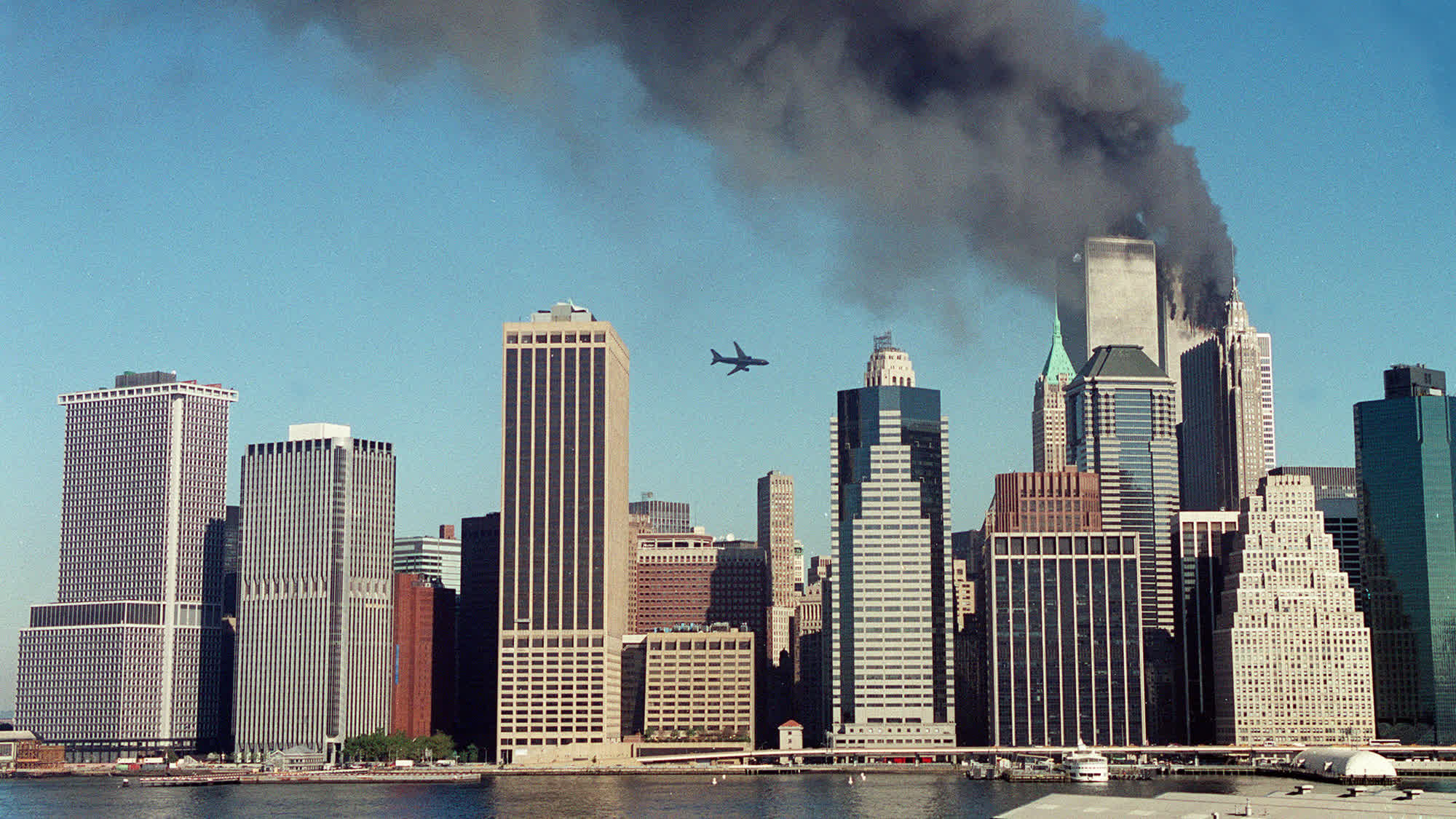
.jpg)
-(1).jpg)
.jpg)
.jpg)
.jpg)
.jpeg)
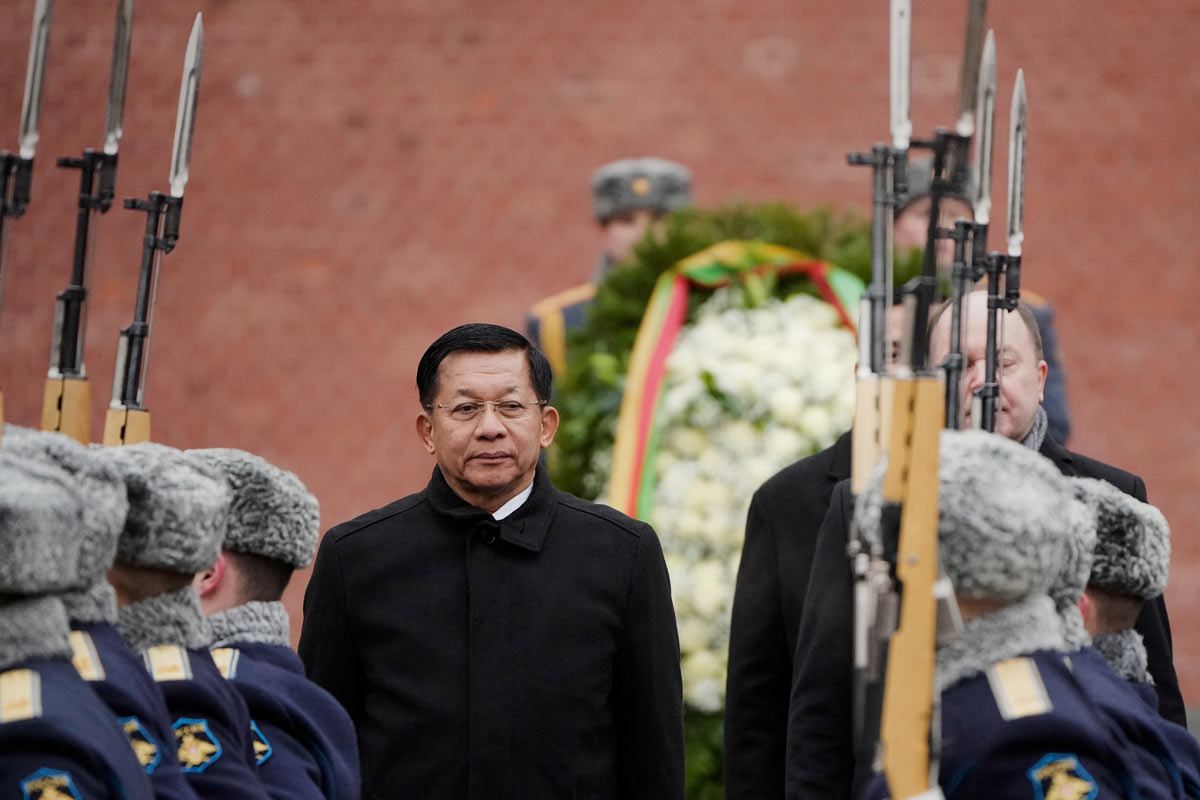
.jpg)
.jpg)

.jpg)
.jpg)
.jpg)
.jpg)

